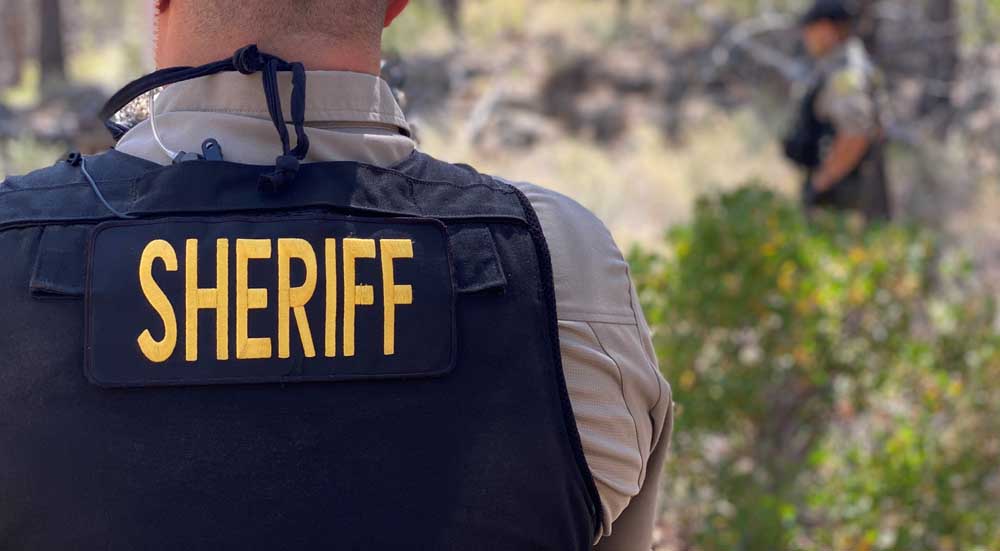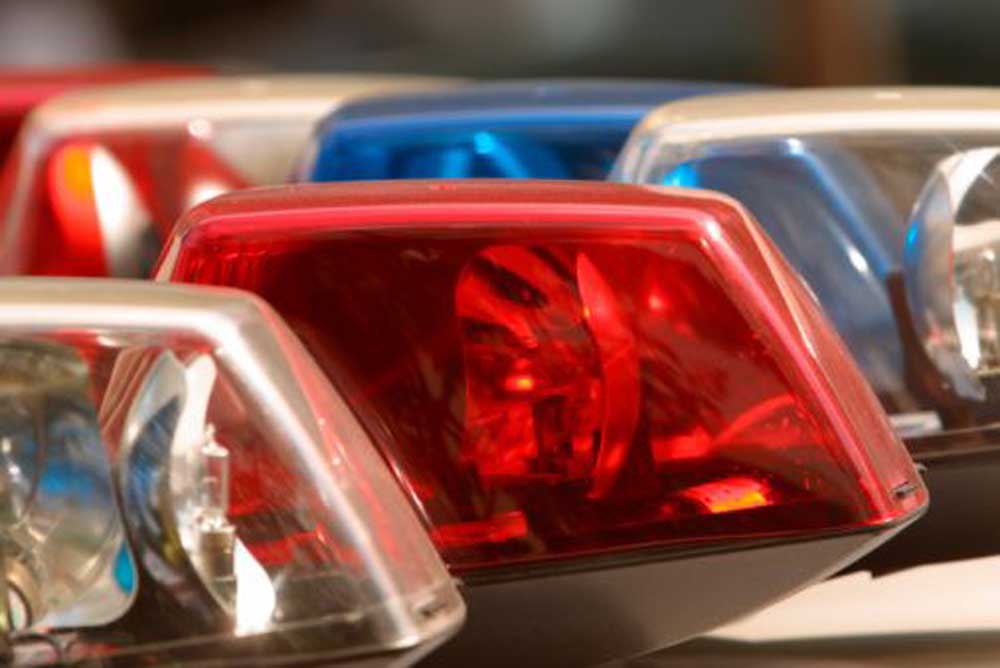Bend-La Pine Schools seeks $23M per year from increased property taxes
Published 5:25 pm Wednesday, February 14, 2024

- Snow covers rows of buses at Bend-La Pine Schools' bus barn in January 2017.
Bend-La Pine Schools is considering a five-year local option levy for the May ballot that would raise about $23 million per year from increased property taxes.
The district is looking for additional funding to help manage class sizes, Career Technical Education, staff recruitment, student support and additional academic or elective classes.
“We’re really excited about putting forth this local option levy,” said Melissa Barnes Dholakia, school board chair. “What we’ve heard from our community is a desire for things our state simply doesn’t provide us the funding to deliver on.”
A local option levy is a tax to help fund a school district with its operation needs, such as staffing and programs. It must be approved by voters, may not exceed five years and must be a fixed rate or amount each year.
The proposed levy would have a fixed rate of $1 per $1,000 assessed property value. For example, the owner of a home with an assessed value of $300,000 would pay $300 per year.
Voters in 2022 approved a $249.7 million school bond measure to finance new school construction, upgrades and repairs around the district. Bond financing is typically used to pay for capital improvements such as new construction. Levies are typically used to pay for operations.
Last summer, Barnes Dholakia spoke to the school board about the possibility of establishing a local option levy. The board then asked the superintendent and his team to research the possibility.
In November and January, the district’s communications team worked with Nelson Research to distribute two surveys asking whether voters would support the levy and what initiatives were important.
The surveys found that 42% of residents in the Bend-La Pine school district would be willing to pay higher property taxes to improve school activities, compared to 40% who would not. Residents were primarily in favor of seeing additional career pathways in schools, more career and technical education, and more teachers and activities outside of the classroom, among other things. Overall, according to the survey results, residents believe the levy would support students, businesses and the economy.
The surveys asked about the cost of the levy to measure potential opposition to it. About 48% of respondents said the cost of the levy was too high.
The district has not attempted to put a levy on the ballot for several years.
“Our community has changed a lot, we’ve grown a lot. We’re very different,” said Barnes Dholakia. “And so I believe it is the right time to go back to our community and say ‘let’s revisit this: would we be willing to have a local option levy to really support our schools in providing more for our kids?’”
Superintendent Steve Cook said the levy would help the district stay the course. For years, the district has put funding toward managing class sizes and hiring necessary staff and the levy would do the same. He said the district is losing pandemic funding.
The school board will vote on whether to put the levy on the ballot at its Feb. 27 meeting. The district plans to file the levy with the county at the beginning of March.
Bend teachers’ contract approved by school board








